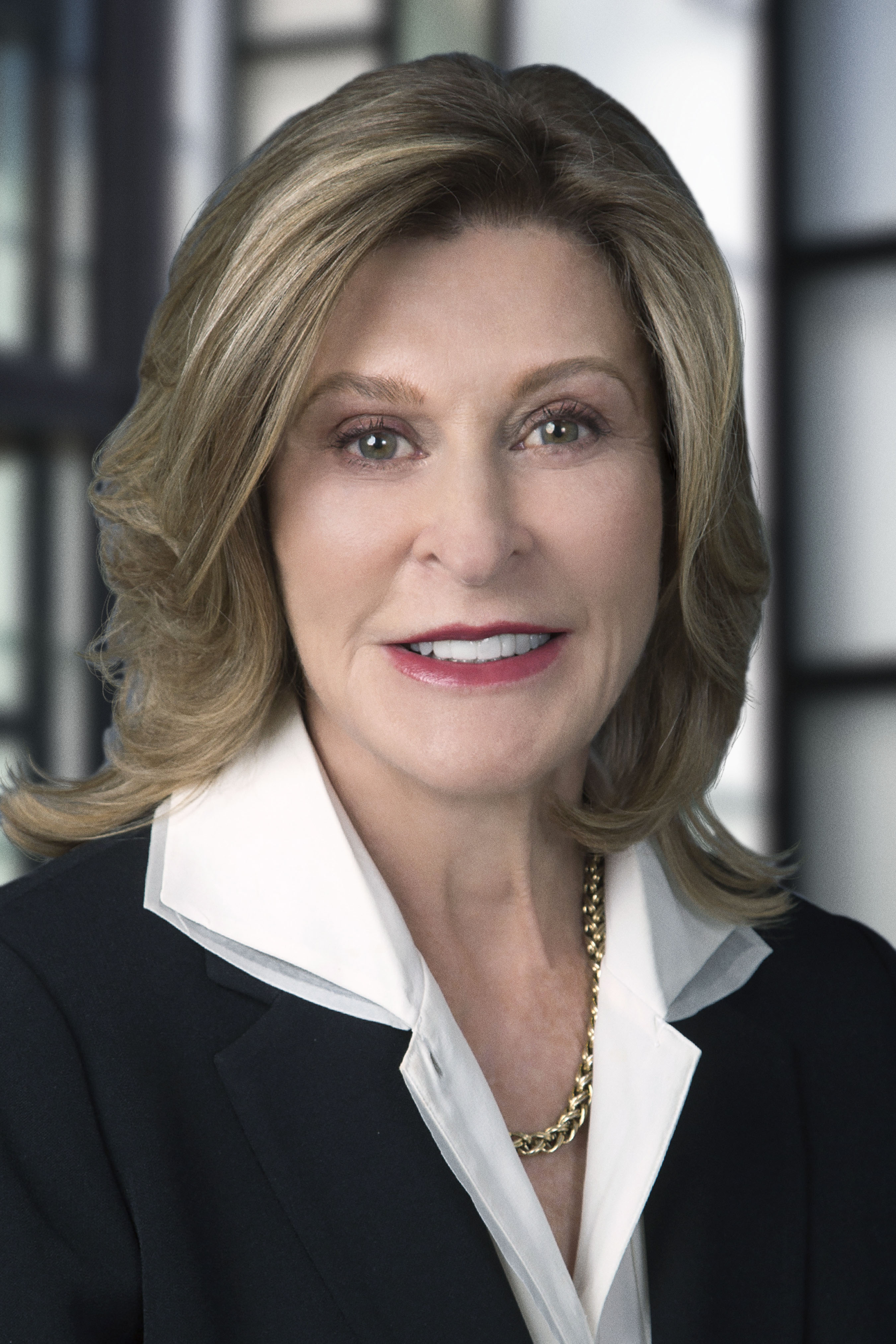Silicon Valley Bank and Signature Bank Closed: What Should You Do?

Washington, D.C. (March 14, 2023) - Silicon Valley Bank (SVB), based in Santa Clara, California ($209 billion in assets), and Signature Bank (Signature), based in New York, New York ($110 billion in assets), were closed over the weekend and the FDIC was appointed receiver of both banks. In an unusual step, and to ensure public confidence in the banking system, the FDIC, in coordination with the Treasury Department and the Federal Reserve Board, has agreed to make all depositors whole, including those with uninsured deposits. On March 12, 2023, the Treasury Department, Federal Reserve, and the FDIC issued a Joint Statement. The senior management of both banks has been removed, which is standard procedure. SVB and Signature debt will be sold by the FDIC to other banks in the upcoming weeks.
What happens next?
The FDIC has created two bridge banks (the FDIC banks), one for SVB and the other for Signature. Each bank will assume the deposit liabilities and most of the assets of the closed banks. The FDIC banks will operate the bridge banks to enable depositors to continue to have access to their funds, and will continue to service loans and other financial transactions for the FDIC.
Actions to Consider
- Assess your situation immediately.
- You can continue your banking business with the FDIC banks, but the FDIC advises that you explore your options. You have the option of moving your deposits to a bank of your choice, even if your deposits are transferred to another bank by the FDIC.
- If you have loans with the FDIC banks, the FDIC advises that you continue to pay back your loans consistent with your borrowing obligations. If there are any issues, contact your lending officer at the FDIC banks. All senior management has been removed from the banking business, but loan representatives remain in place to service clients. If the loans are sold to a new bank by the FDIC, the new bank will assume the lending obligation and you will be provided with additional guidance on contacts and processes.
- Borrowers have the right to pay off existing loans with the FDIC banks, with a possibility of negotiating a discount payoff of the loan or revolving credit. You should determine immediately whether you want to commence this process as there is a short window to effectuate this result. Once the purchase is finalized between the FDIC bank and the purchaser, you will not be able to transfer your debt to a new lender at a discount.
- Determine whether there are any securities disclosure issues that need to be made. If you have equity financing or other financing, there may be disclosures to creditors required under the various documents. For example, there are liquidity covenants in certain credit agreements that may need to be reviewed and addressed.
- Consider whether there are any disclosures required or renegotiations necessary under any vendor contracts as a result of the bank closings.
- Review your insurance agreements to ensure they are still valid or whether any renegotiations are necessary.
- Understand what is happening with your automatic payments and bill pay arrangements. It is important to be aware of the status of any arrangements between the particular FDIC bank and a new bank to ensure that all your payments remain current.
- Determine what happens next if a loan is delinquent, in foreclosure, or currently in litigation.
- Consider immediately contacting your bank representative if you have any loan applications in progress.
These are just a few of the issues associated with the impact of a failed bank. This situation is changing quickly, so there may be other factors that crop up in the next few days or months.
SEC Violations
The Chair of the Securities and Exchange Commission, Gary Gensler, released the following statement on March 12, 2023:
In times of increased volatility and uncertainty, we at the SEC are particularly focused on monitoring for market stability and identifying and prosecuting any form of misconduct that might threaten investors, capital formation, or the markets more broadly. Without speaking to any individual entity or person, we will investigate and bring enforcement actions if we find violations of the federal securities laws.
We believe the SEC will commence investigations into both SVB and Signature. Those investigations will most likely include a review of company disclosures to investors, insider trading activity leading up to the failure, regulatory violations, and market manipulation by investors based on investor public statements through social media or otherwise.
Litigation
Litigation against SVB has already begun, and other lawsuits are sure to follow quickly, making prompt action essential for anyone with SVB or Signature dealings.
FDIC FAQ
On March 13, the FDIC published an FAQ to assist with “understanding what happened over the weekend at Silicon Valley Bank.”
Lewis Brisbois has formed a Bank Default Response Team led by Washington, D.C. Partner and former General Counsel of the FDIC Thomas A. Brooks. This Response Team also includes several seasoned lawyers who represent clients in in the banking, bank regulatory, securities, workouts, lending, bankruptcy, real estate, healthcare, and start-up industries. Please contact Mr. Brooks or Los Angeles Partner Alexis Crump for further information and to be connected with the appropriate Bank Default Response Team Member. Visit our Banking & Finance Practice page to learn more about the firm’s capabilities in this area.
Bank Default Response Team:
Thomas A. Brooks, Partner
Alexis Crump, Partner
Andrew Pidgirsky, Partner
Wade A. Houser, Partner
Jane C. Luxton, Managing Partner - Washington, D.C.
Sean P. Shecter, Partner
Steven H. Lee, Partner
Paul W. Kisslinger, Partner
Rafael X. Zahralddin, Partner
Vincent F. Alexander, Partner








